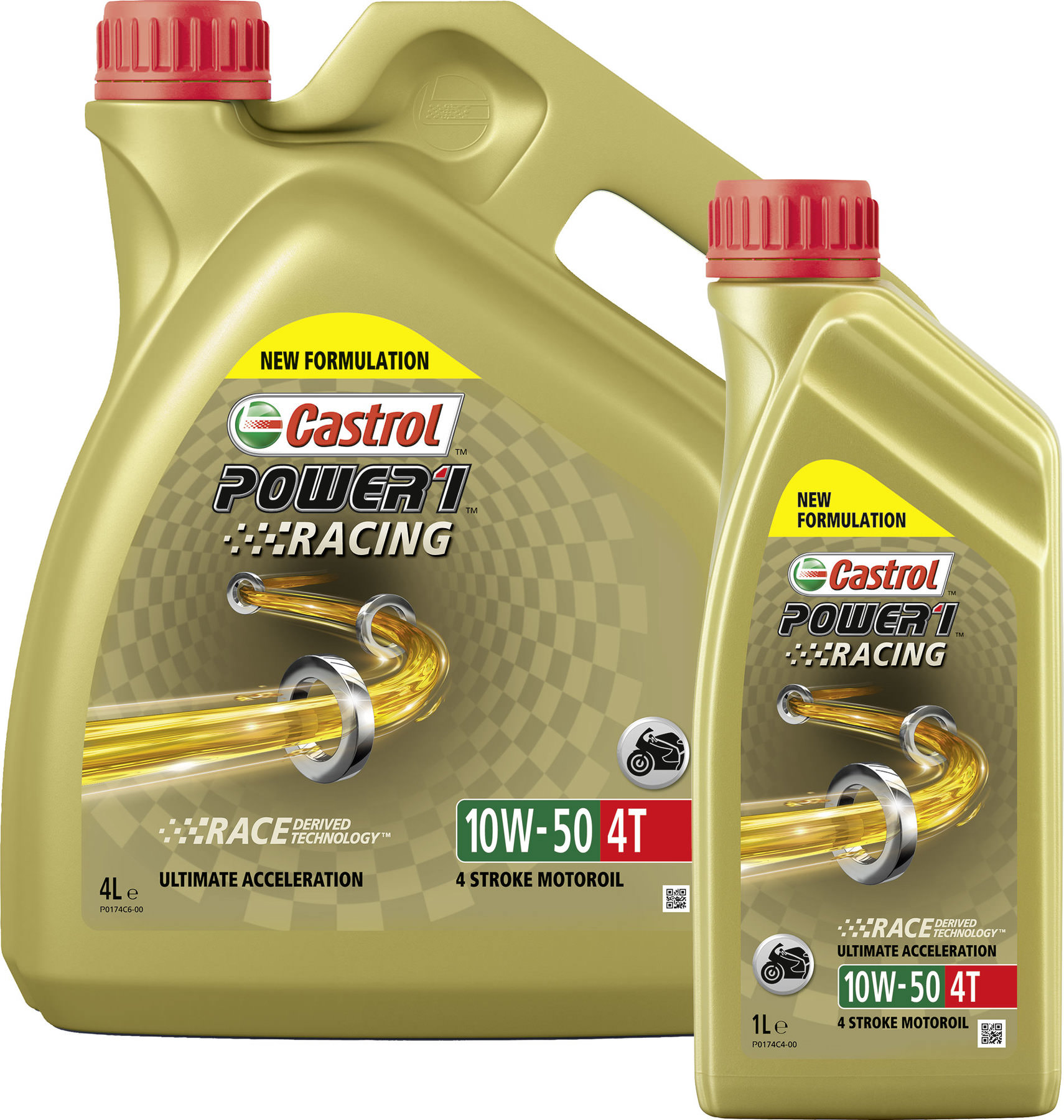Synthetic oils have revolutionized the field of lubrication, offering unrivaled performance and protection for a wide range of applications. With advancements in technology, these synthetic lubricants have proven to be a game-changer, particularly in the automotive industry. Engineered to outperform conventional oils, synthetic lubricants provide superior resistance to heat, friction, and wear, ultimately prolonging the life of engines and reducing maintenance costs. In this article, we will delve into the exciting world of synthetic oils, exploring their benefits and uncovering their potential to shape the future of lubrication. Whether you’re a car enthusiast, a fleet manager, or simply someone curious about the latest innovations in automotive lubrication, we invite you to join us on this journey as we unveil the power of synthetic oils.
Advantages of Synthetic Oils
Synthetic oils have revolutionized the world of lubrication, offering a range of advantages that make them an excellent choice for automotive use. These advanced lubricants are formulated to provide optimal performance and protection for modern engines. Here are three key advantages of synthetic oils:
-
Enhanced Engine Efficiency: Synthetic oils have superior lubricating properties compared to conventional oils. Their specially designed molecular structure allows them to flow more smoothly and reduce friction between moving parts. This reduces energy loss and helps to maximize engine efficiency. With synthetic oils, engines can run smoother, cooler, and even improve fuel economy.
-
Superior Protection: Synthetic oils offer exceptional wear protection, keeping engine components clean and reducing the risk of damage due to friction and heat. Their advanced formula provides a strong protective film, preventing metal-to-metal contact and minimizing wear on critical engine parts. This helps to prolong the life of the engine and reduce the need for costly repairs.
-
Improved Performance in Extreme Conditions: Synthetic oils excel in extreme temperature conditions, both hot and cold. They have a higher viscosity index, which means they maintain their viscosity more effectively across a wider range of temperatures. In hot weather, synthetic oils resist thinning, while in cold weather, they remain fluid, ensuring quick and reliable engine starts. Whether you are driving in scorching summer heat or freezing winter temperatures, synthetic oils provide consistent performance and protection.
By harnessing the power of synthetic oils, automotive lubrication has taken a significant leap forward. With their numerous advantages including enhanced engine efficiency, superior protection, and improved performance in extreme conditions, synthetic oils are poised to shape the future of lubrication.
Applications of Synthetic Lubricants in Automotive Industry
The automotive industry has greatly benefited from the advancements in synthetic lubricants. Synthetic oils offer a wide range of applications and advantages, making them an essential component in modern vehicles.
-
Engine Performance Enhancement: Synthetic lubricants are known for their superior lubricating properties, which contribute to enhanced engine performance. These oils provide better protection against wear and tear, reducing friction and improving overall efficiency. With their ability to withstand high temperatures and extreme operating conditions, synthetic oils help engines run smoother and more efficiently.
-
Extended Oil Change Intervals: One of the significant advantages of synthetic lubricants is their ability to perform consistently over a longer period. Compared to conventional oils, synthetic oils have a higher resistance to degradation, resulting in extended oil change intervals. This not only reduces maintenance costs but also ensures that the engine stays well-lubricated for a longer duration, promoting optimal performance.
-
Improved Fuel Economy: Synthetic lubricants contribute to improved fuel economy in automotive applications. Due to their low viscosity and enhanced lubricating properties, these oils reduce internal friction within the engine, allowing it to operate more efficiently. As a result, vehicles using synthetic oils experience reduced fuel consumption, leading to cost savings and a greener footprint.
In conclusion, synthetic lubricants have revolutionized the automotive industry by offering a range of applications tailored to meet the demands of modern vehicles. From enhancing engine performance to extending oil change intervals and promoting fuel efficiency, synthetic oils have become an indispensable asset in the automotive sector.
Emerging Trends in Synthetic Lubricant Technology
In recent years, the field of synthetic lubricant technology has witnessed several emerging trends. These trends have the potential to revolutionize the automotive industry and enhance the performance of synthetic oils. Let’s explore three key developments that are shaping the future of synthetic lubricants for automotive applications.
-
Advanced Formulations: Manufacturers are continuously investing in research and development to create advanced formulations of synthetic oils. These formulations are designed to offer superior performance, improved engine protection, and increased fuel efficiency. By leveraging innovative additives and base oils, synthetic lubricants can now withstand extreme temperatures, minimize friction, and reduce wear and tear on critical engine components.
-
Environmentally Friendly Solutions: With growing concerns about environmental sustainability, there is a rising demand for synthetic lubricants that are eco-friendly. Companies are focusing on developing biodegradable and renewable synthetic oils that have minimal impact on the environment. These lubricants not only provide excellent lubrication but also reduce the carbon footprint of automotive operations, contributing to a greener future.
-
Smart Lubrication Systems: Another fascinating trend in synthetic lubricant technology is the integration of smart lubrication systems. These systems utilize sensors and data analysis to monitor the condition of the lubricant in real-time. By continuously monitoring factors such as temperature, viscosity, and contaminants, smart lubrication systems can optimize lubricant performance and extend the lifespan of both the oil and the machinery it lubricates. This trend is set to revolutionize maintenance practices, ensuring timely oil changes and preventing unforeseen breakdowns.
As we look towards the future, these emerging trends in synthetic lubricant technology are set to reshape the automotive industry. With advanced formulations, environmentally friendly solutions, and smart lubrication systems, synthetic oils are unlocking new possibilities for improved engine performance, increased efficiency, and reduced environmental impact. It’s an exciting time for the world of lubrication, and the future of synthetic oils is indeed promising.
